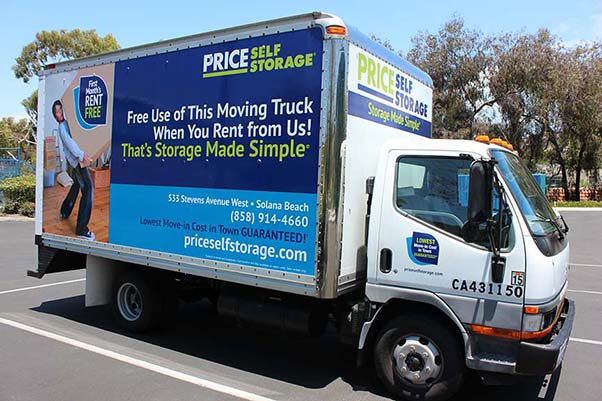Of all the small objects that you can pack into a box, books seem to be the heaviest. Pack a box full and try to move it, and it will feel like you are trying to lift a car. Maybe it’s not that heavy, perhaps, but surely heavier than most household items you will pack. Since books also take up quite a bit of space in a box, a common mistake is to use a large box in the hope of transporting more books in one load. It’s a nice idea that could leave you wrestling with a box that weighs as much as a TV. An overloaded box can also fall apart under the strain of the heavy load, leading to more work and possible injury. Books can also be fragile and difficult to keep from being damaged during a move. Bending, tearing, and moisture can all lead to the destruction of your library. When you pack your books, you need to take special care of them so they will survive the move or time in storage.
Tips To Help You Pack Up Your Books for Storage
- Books should be packed into book boxes (1.5 cubic ft). Larger boxes can quickly become too heavy to lift. Make sure that the box is in good condition and will hold the weight of your books before you pack them. If you need boxes, you can purchase book boxes from a storage facility or moving company.
- There are a couple of ways you can pack books in a box. They can be packed flat and stacked, spine first with the paper edges facing up, or standing upright, with their spine against the side of the box.
- Do not put your books in a box with the spines up (paper edges facing down) or at odd angles, which could cause damage by warping or bending the pages.
- Books should be packed securely but not too tightly. Tightly packed books can be damaged when removed.
- Valuable books should be wrapped in acid-free paper before being placed in the box. You can also place cardboard in between each book to keep the spines straight and to prevent movement. In addition, you can use bubble wrap, foam peanuts, or small paperbacks to line the box, fill empty spaces, and prevent books from shifting. Valuable books can also be placed in a plastic bag to protect them from moisture.
- Remember not to overload the boxes. Book boxes should be packed under 40 pounds. This will ensure that they are easy to lift and the contents are kept safe and secure.
- Close the box and securely tape the top and bottom. Clearly label the top and sides so you can identify the box and its contents.
- Do not stack boxes in a moving truck or storage unit unless they are properly secured. Due to the weight of the books, they can cause a lot of damage to themselves or furniture if they fall over.
- If you are planning on storing your books for a long period of time, make sure they are placed in a cool, dry location.
- While you are packing your books, it is a good opportunity to sort through them and decide whether you want to get rid of any. Consider selling some of your books at a garage sale, donating them to charity, or selling them to a secondhand bookstore. If you simply can’t part with them, you can keep them at a storage facility.










